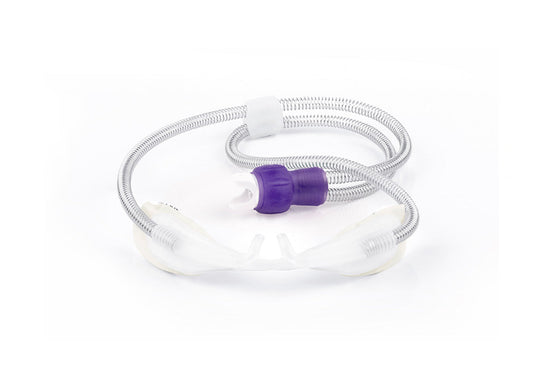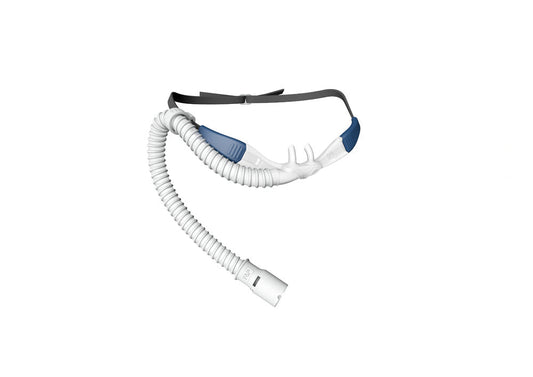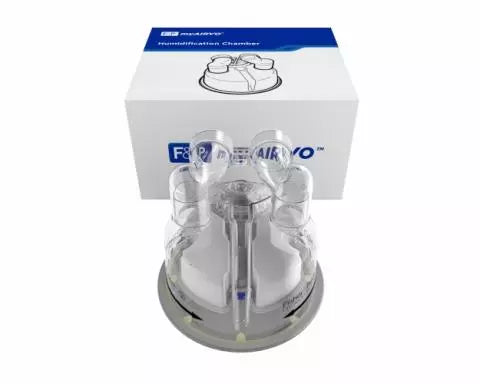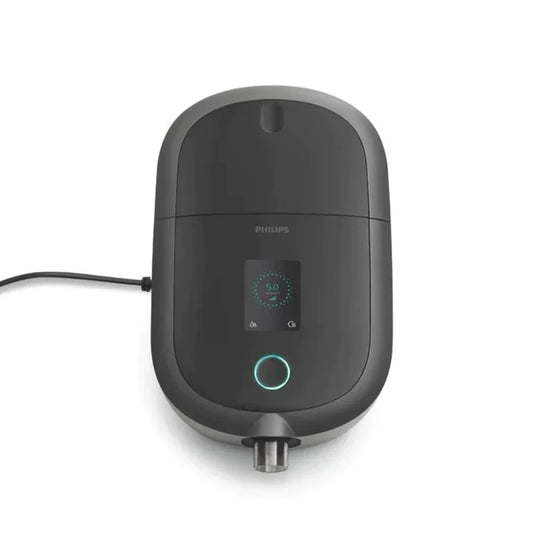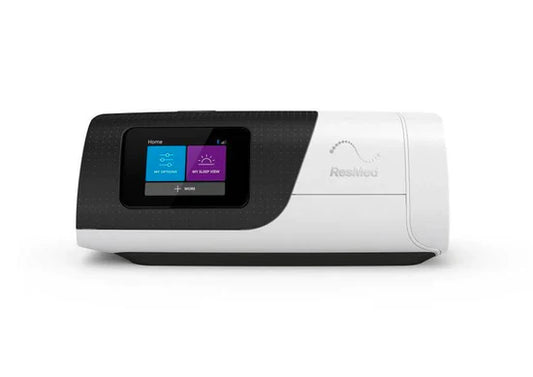Choosing the Right CPAP Mask: A Complete Guide
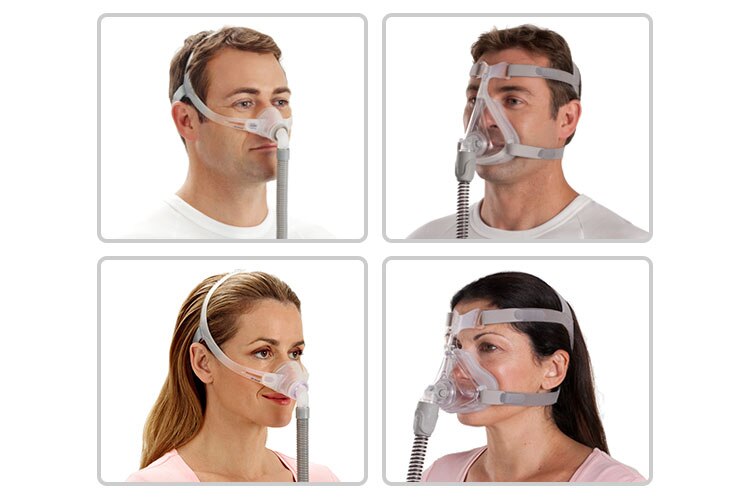
When you begin CPAP (continuous positive airway pressure) therapy, one of the most important decisions you'll make is choosing the right mask. The CPAP mask is a critical part of the therapy, ensuring a proper fit and seal to ensure air is delivered to your airways while you sleep. Choosing the wrong mask can cause discomfort and even reduce the effectiveness of your treatment. In this article, we'll provide a comprehensive guide to help you choose the best CPAP mask for you.
1. Understand the different types of CPAP masks
There are several types of CPAP masks, each designed to meet the specific needs of users. The right choice depends on several factors, such as your comfort, how you breathe while sleeping, and personal preference. Here's an overview of the main types of CPAP masks:
-
Nasal mask : This type of mask covers only the nose and is ideal for people who breathe primarily through their nose during the night. It is lightweight and discreet, but may not be suitable for people who tend to breathe through their mouth during sleep. Order online
-
Face mask : This mask covers both the nose and mouth. It is recommended for people who breathe through their mouths at night or who have difficulty breathing only through their nose. Although it is bulkier, it provides a better seal and is more suitable for certain treatment situations. Order online
-
Nasal pillow mask : This mask consists of small cushions that fit over the entrance to the nostrils. It is more compact than the standard nasal pillow, making it more comfortable and discreet. However, it may cause temporary irritation. Applying a barrier cream is recommended at the beginning of treatment. Order online
2. Choose the right type of mask according to your sleeping habits
The choice of mask depends heavily on your breathing habits during the night. Here are some things to consider:
-
Nose-only breathing : If you breathe primarily through your nose, a nasal mask or nasal pillow mask might be the ideal choice. It is lightweight and more comfortable for those who do not need to breathe through their mouth.
-
Mouth breathing : If you tend to breathe through your mouth while sleeping, a full face mask is recommended, as it covers both your mouth and nose, ensuring a better seal and preventing air leakage.
-
Movement during sleep : If you move around a lot during the night, a mask with a headgear and/or stability bar might be a good option as it provides better stability and ensures it stays in place.
3. Comfort and fit
Comfort is a key factor when choosing a CPAP mask, as an ill-fitting mask can cause irritation, pain, or air leaks. Here are some tips to ensure a proper fit:
-
Size : Choose a mask that fits your face size. Many manufacturers offer a variety of sizes to accommodate different face shapes. If you have a smaller or wider than average face, be sure to check out the available options.
-
Soft, breathable materials : Look for a mask made from soft, breathable materials to avoid skin irritation. Gel or foam ear cushions are often more comfortable and provide a better seal.
-
Adjustable Straps : A mask with adjustable straps and bands will allow you to customize the fit, which is essential for comfortable wear throughout the night.
4. Reduce air leaks
One of the major concerns for CPAP users is air leakage. If the mask doesn't fit properly, air can escape, which can reduce the effectiveness of your treatment. To prevent this, make sure that:
-
The mask fits snugly, but not too tight. A tight fit can cause pain and marks on the skin.
-
You choose a mask model that matches the shape of your face.
-
You regularly check the mask's seal to ensure there are no leaks while you sleep.
5. Consider additional features
Some CPAP masks offer additional features that can enhance your treatment experience, such as:
-
Quiet ventilation : Some masks are designed to reduce the sound of exhaled air, which can be especially important if you have a partner sleeping next to you.
-
Ease of cleaning : Look for a mask that is easy to disassemble and clean. Daily cleaning of the mask is essential to prevent infections and maintain clean air during therapy.
6. Consult a health professional
Before making a final decision, it's always best to consult a healthcare professional or sleep specialist. They can help you determine which type of mask is best for your needs and provide personalized advice based on your preferences and health.
Conclusion
Choosing the right CPAP mask is essential to the success of your treatment and to ensuring a comfortable and effective experience. Take the time to explore the different types of masks available and choose the one that best suits your sleeping habits, comfort, and specific needs. Remember that fit, quality, and additional features play a key role in the success of your therapy. By making an informed choice, you will increase your chances of enjoying restful sleep and improving your quality of life.

